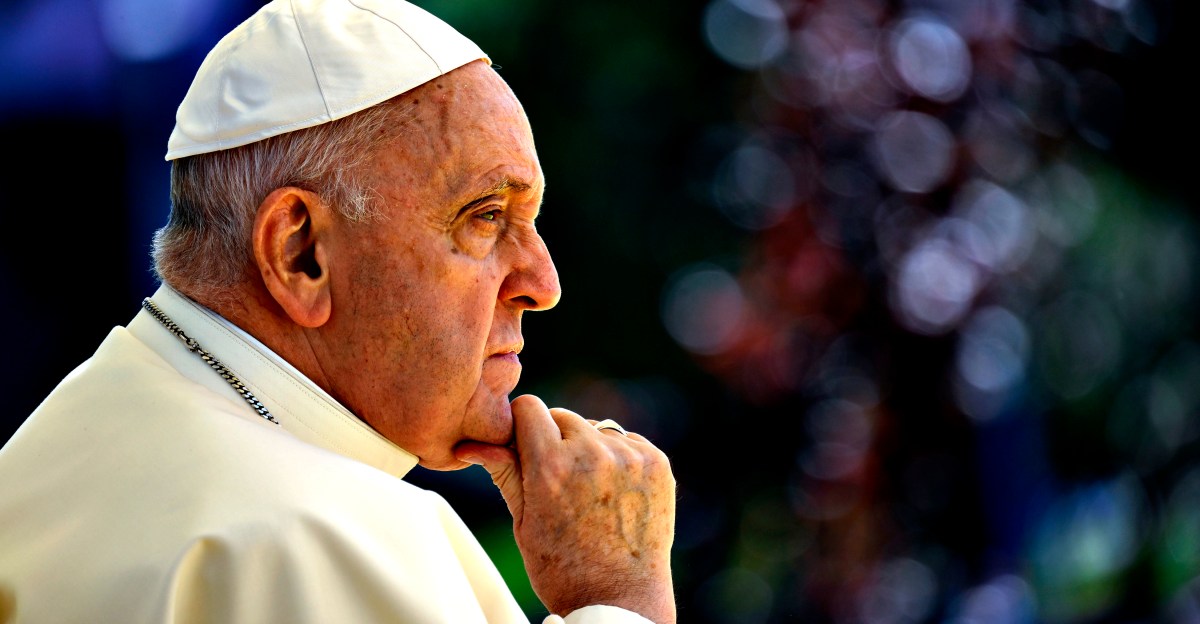Beyond Left and Right: The Surprising Future of Papal Leadership

In the complex landscape of modern discourse, American political polarization has dramatically reshaped how we perceive and interpret religious leadership, particularly the role of the Pope. What was once a position of spiritual guidance and moral authority has increasingly become entangled in partisan narratives and ideological battlegrounds.
The Catholic Church's global leadership is now frequently viewed through a narrow political lens, where papal statements are dissected and weaponized to support competing political agendas. Conservative and liberal factions alike rush to claim the Pope's words as validation of their respective worldviews, stripping away the nuanced spiritual context of his messages.
Pope Francis, in particular, has found himself at the center of this political crossfire. His progressive stances on issues like climate change, economic inequality, and migration have made him a lightning rod for political interpretation. Conservatives criticize him as too liberal, while progressives selectively embrace his statements that align with their perspectives.
This politicization fundamentally undermines the Pope's role as a spiritual leader. By reducing papal communications to political soundbites, we risk losing the deeper theological and humanitarian insights that transcend partisan boundaries. The transformation of papal discourse into a political battleground reflects a broader trend of ideological tribalism that threatens meaningful dialogue and understanding.
Ultimately, the Pope's message is about human dignity, compassion, and spiritual growth—values that should unite rather than divide us. As we continue to navigate these polarized times, it becomes increasingly crucial to listen with empathy and recognize the complexity beyond simplistic political categorizations.
